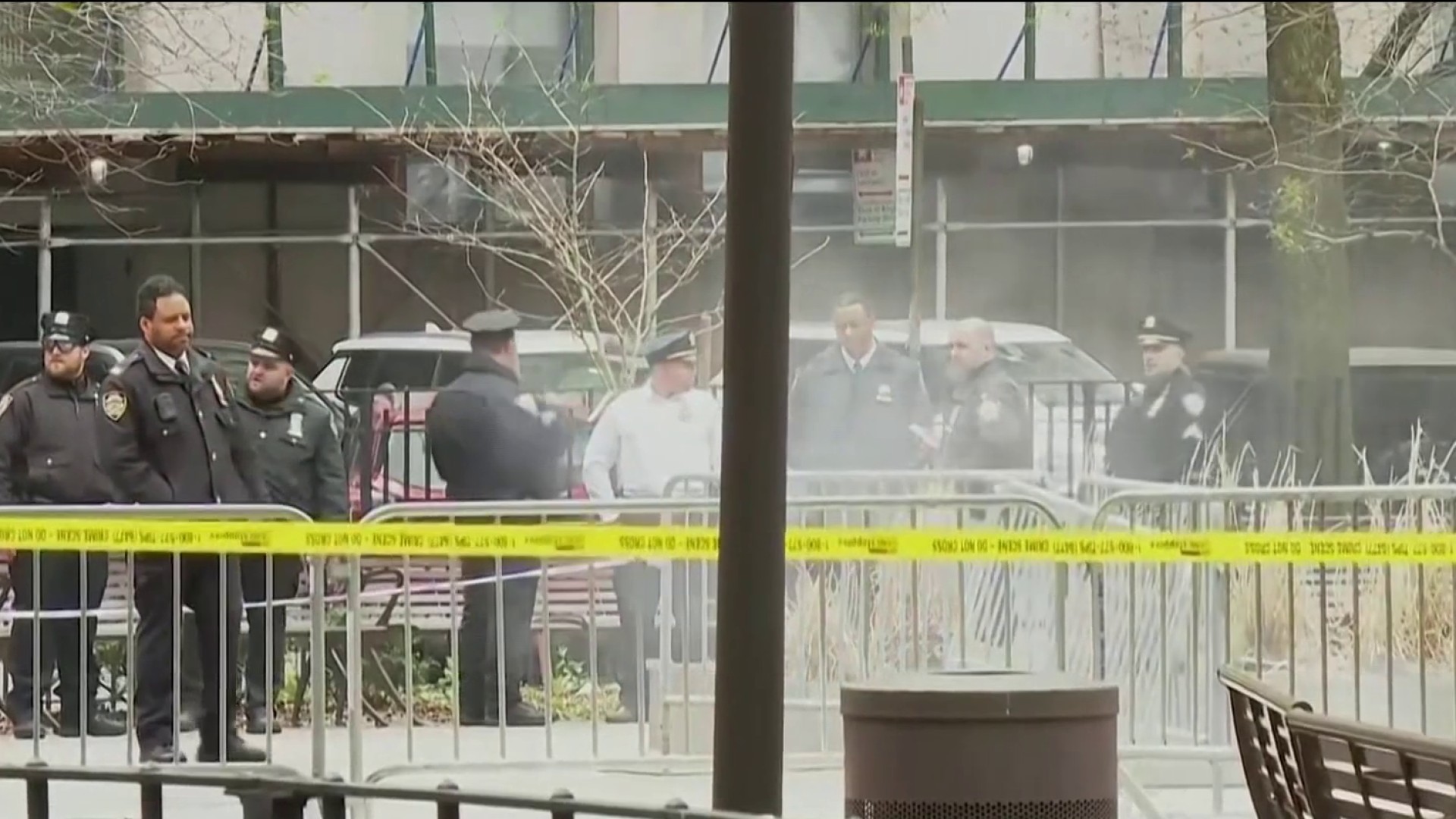The new USC-LA Times poll, released in full Monday, is an utterly frustrating document. The poll's backers had the resources to back a long poll with some 97 questions. But the questions on core policy issues are so poorly worded, the results don't tell us much.
The poll's questions on pensions are the clearest demonstration of the problem.
It would be useful to know what voters think of the pension controversy once they are presented the facts of the case. This poll doesn't do that. Instead, it offers two competing narratives about pensions that are objectively false, and offers voters a choice between them.
Here's the first statement:
Some people say that public employees didn't create the problem with the pension system, politicians did. These workers did their jobs and made their contributions to their pensions, and this is the only retirement some of them get because they are not eligible for Social Security. Let's find the funding to give our public employees the pensions they deserve and not cut from those who can least afford it.
Why it's bogus: Among the problems with this statement are that many public workers don't make contributions, or make only nominal contributions to pensions. Pensions are bargained collectively in much of California, and those pension benefits and retirement protections enacted legislatively are the results of political circumstances that involve unions representing the workers themselves.
The blast at "politicians" in the statement is heavily loaded, given public distaste for politicians.
U.S. & World
News from around the country and around the globe
And the last sentence -- about deserving pensions and those who can least afford it -- suggests that pension recipients are poor; indeed, there is great variety in pensions, between state and local workers and between different job categories.
The heart of the unfunded pension obligation in California is among local law enforcement -- a fact that is not listed here. To omit it would be to ask a question about tax rates without noting that different people pay different rates.
Here's the second pension statement:
Some people say that public employees' pensions are bankrupting California and costing taxpayers millions of dollars, and we need to fundamentally change the system now so it is fair to taxpayers. We already face an 85 billion dollar deficit in the pension fund over the long term and it is putting a huge burden on local and state governments when they can least afford it. We can't continue to ignore this issue when our debts keep piling up year after year.
Why it's bogus: A state can't declare bankruptcy, and the cost of pension obligations are far off in the future--we're not feeling them much now. That said, this question understates the current small cost, putting it in the millions (the state has to pony up $4.5 billion just for the teacher retirement fund this year).
It also uses a number $85 billion that is at best an estimate. And this misses the central argument for pension reform: that the promises we make now are fundamental obligations of the state, but they are based on things we can't know -- the performance of the stock market, greater contributions by employees, the condition of future tax revenues, etc.
This is a complicated debate; in the poll, it's boiled down to bunk.
The defense of this kind of thing is that these narratives presented in surveys reflect what's being said and debated, and thus what voters will have to decide upon. In pensions, however, the information avaialble -- including that presented in newspapers and TV -- has been much more complicated, and contradictory, than these explanations.
And in the ballot initiative area, this poll doesn't rely on the ballot titles and summaries of measures that voters will see -- which are misleading bunk in many cases, but at least the official misleading bunk.
They rely on descriptions that ignore the core facts of what initiatives do, and the core facts of budgeting in California.
Take description of the compromise tax initiative from Gov. Jerry Brown. Almost everything is uncertain about this measure. How much would the taxes raise? What would be the impact on the budget? Would the schools get any other money?
Predicting any of this is impossible because California's broken budgeting system is so complicated that no one knows how this will play out, and because the progressive tax rates in this initiative produce volatile revenues that are impossible to predict.
But the description says, with certainty, that these rates wll produce up to $7 billion a year -- the higher of two official estimates, to be sure, but there's no such cap in the initiative. It also says "the money would go towards public schools and community colleges and to local governments" -- something that is at best misleading, given the nature of the state's education funding formula, and the fact that other budget items may eat up to the money.
The uncertainty and complexity of the policies here isn't something to be glossed over. It's central to any intelligent debate over the policy -- or assessment of public views. People can't know for sure what a pension reform or tax policy will do, and that uncertainty is a big part of how voters make decisions. But that uncertainty isn't part of these poll questions.
Send us your thoughts via Twitter @PropZero or add your comment to our Facebook page.



